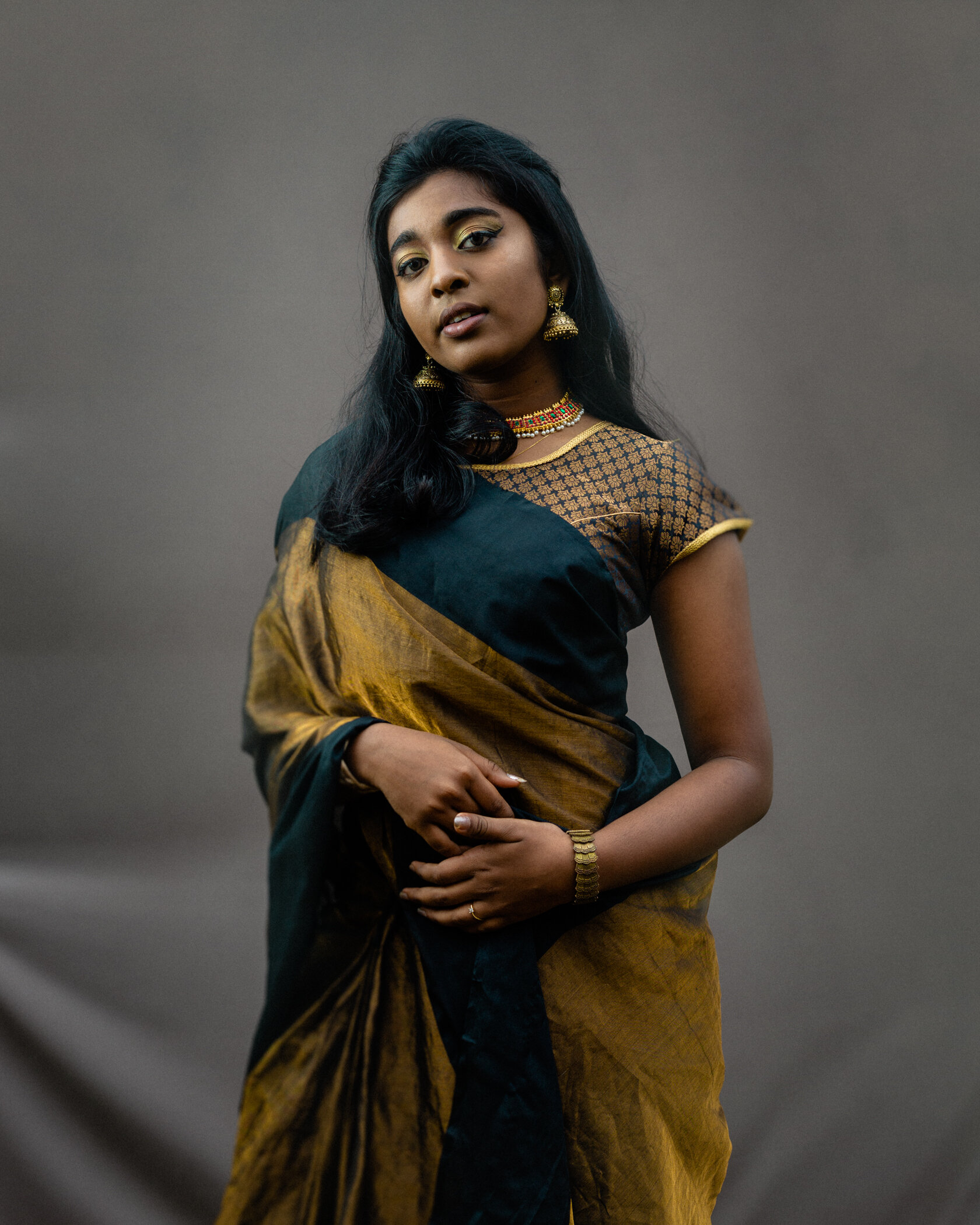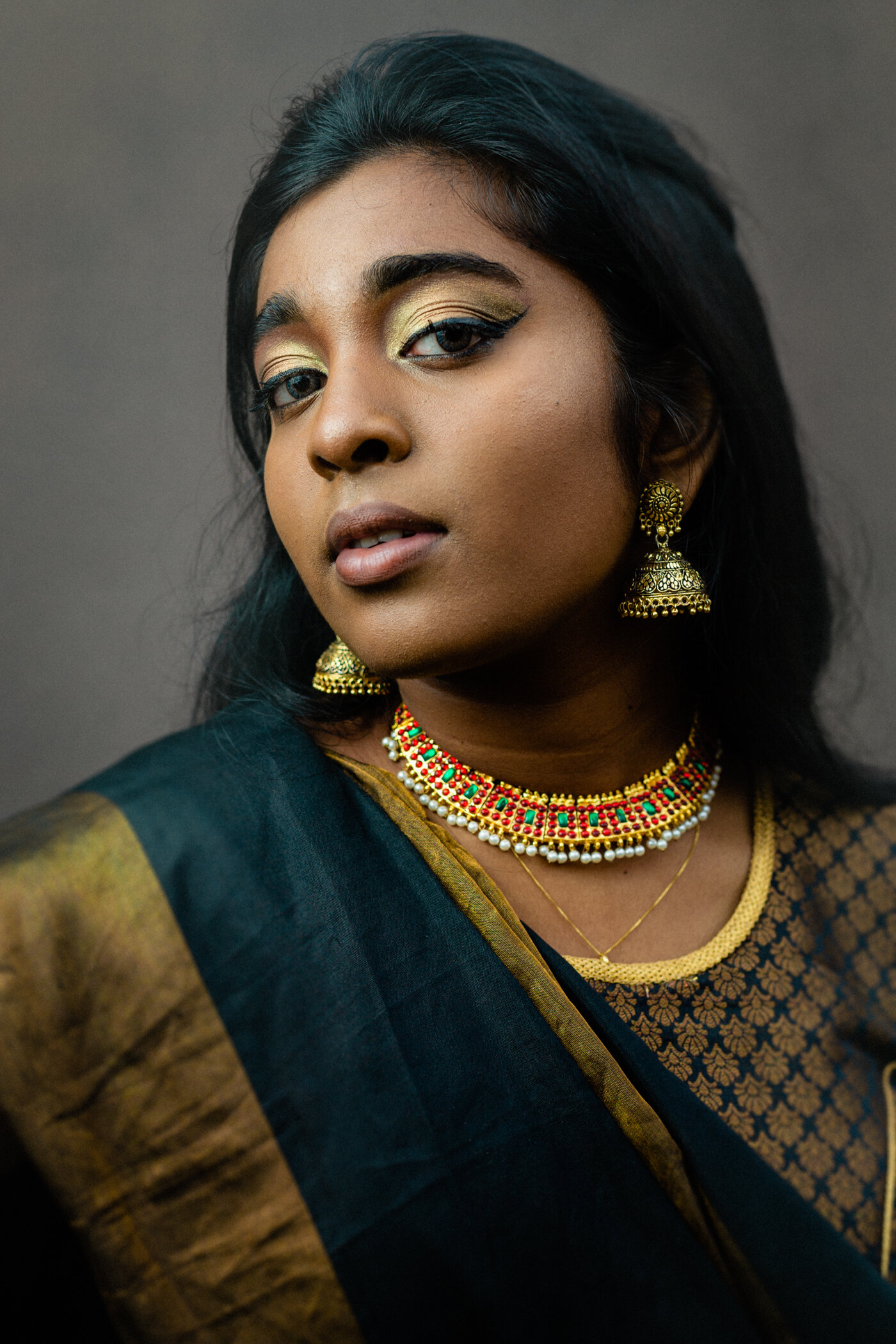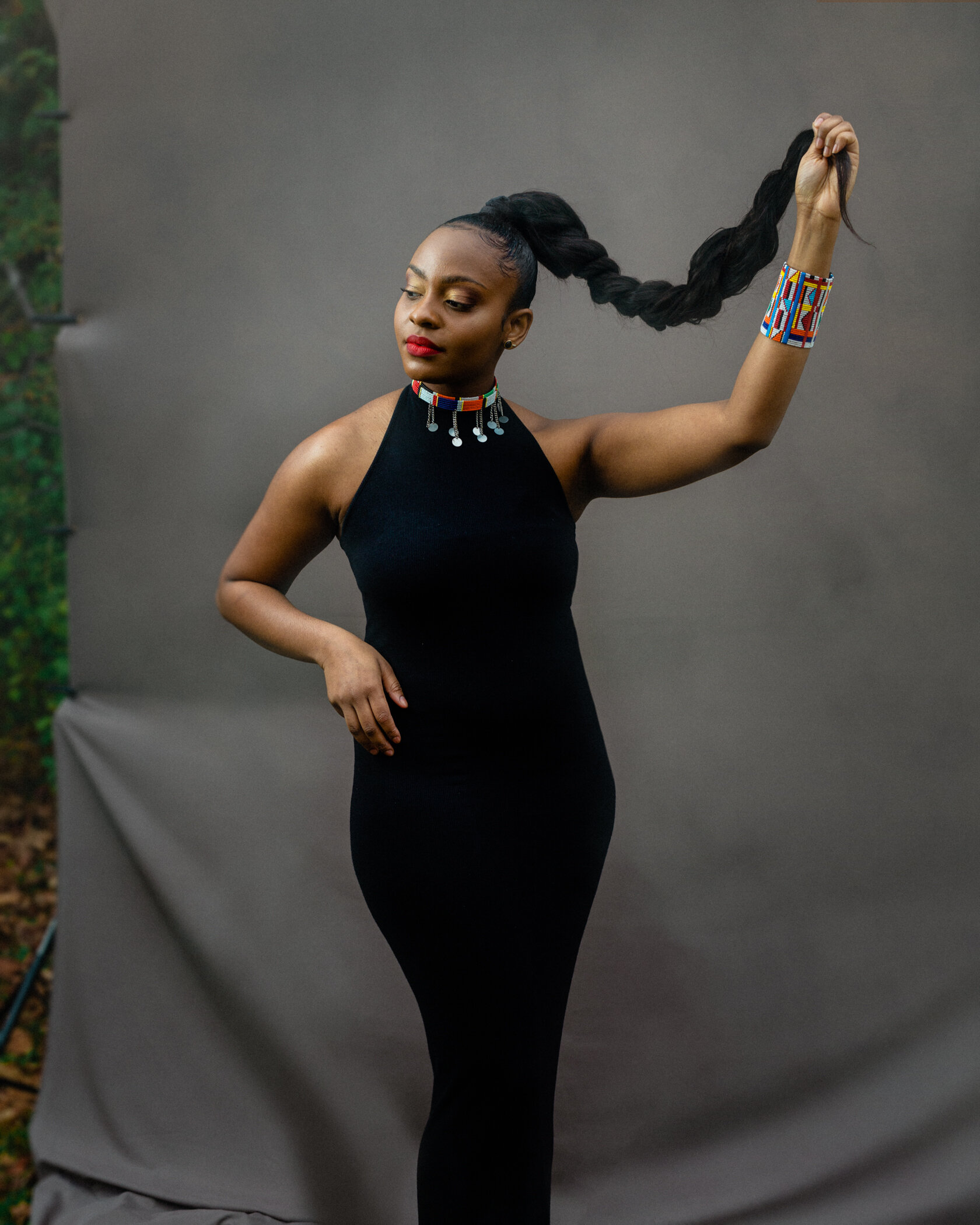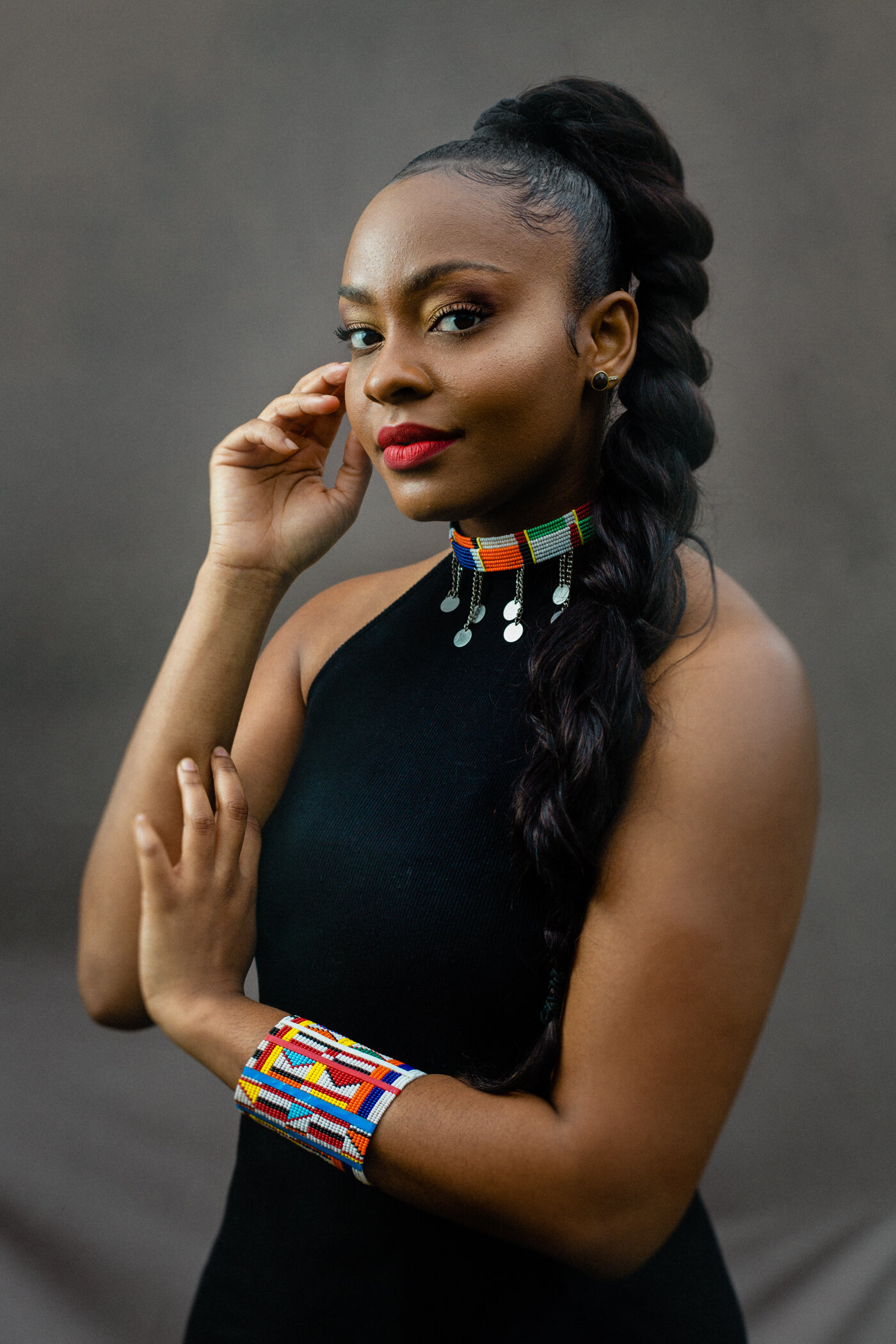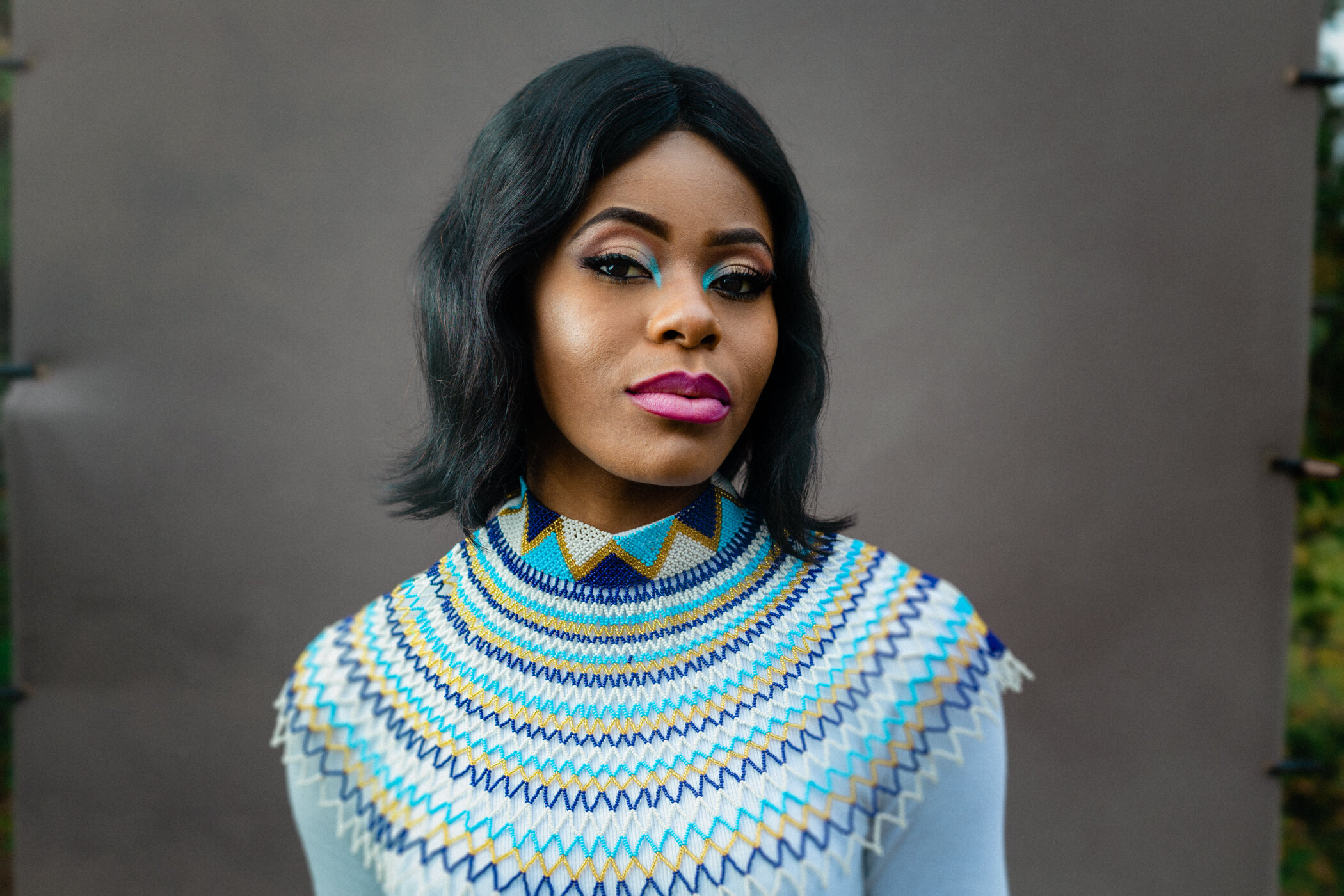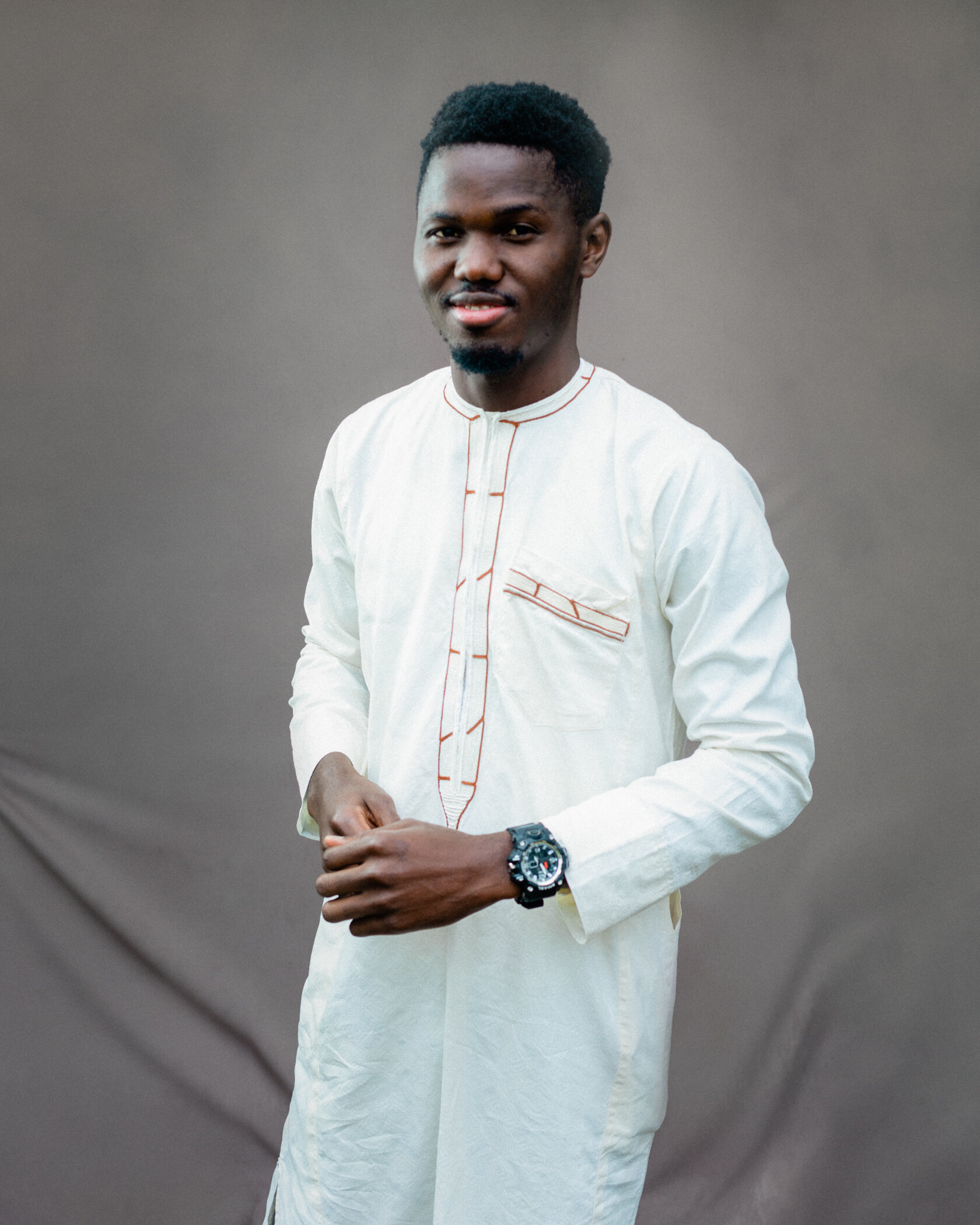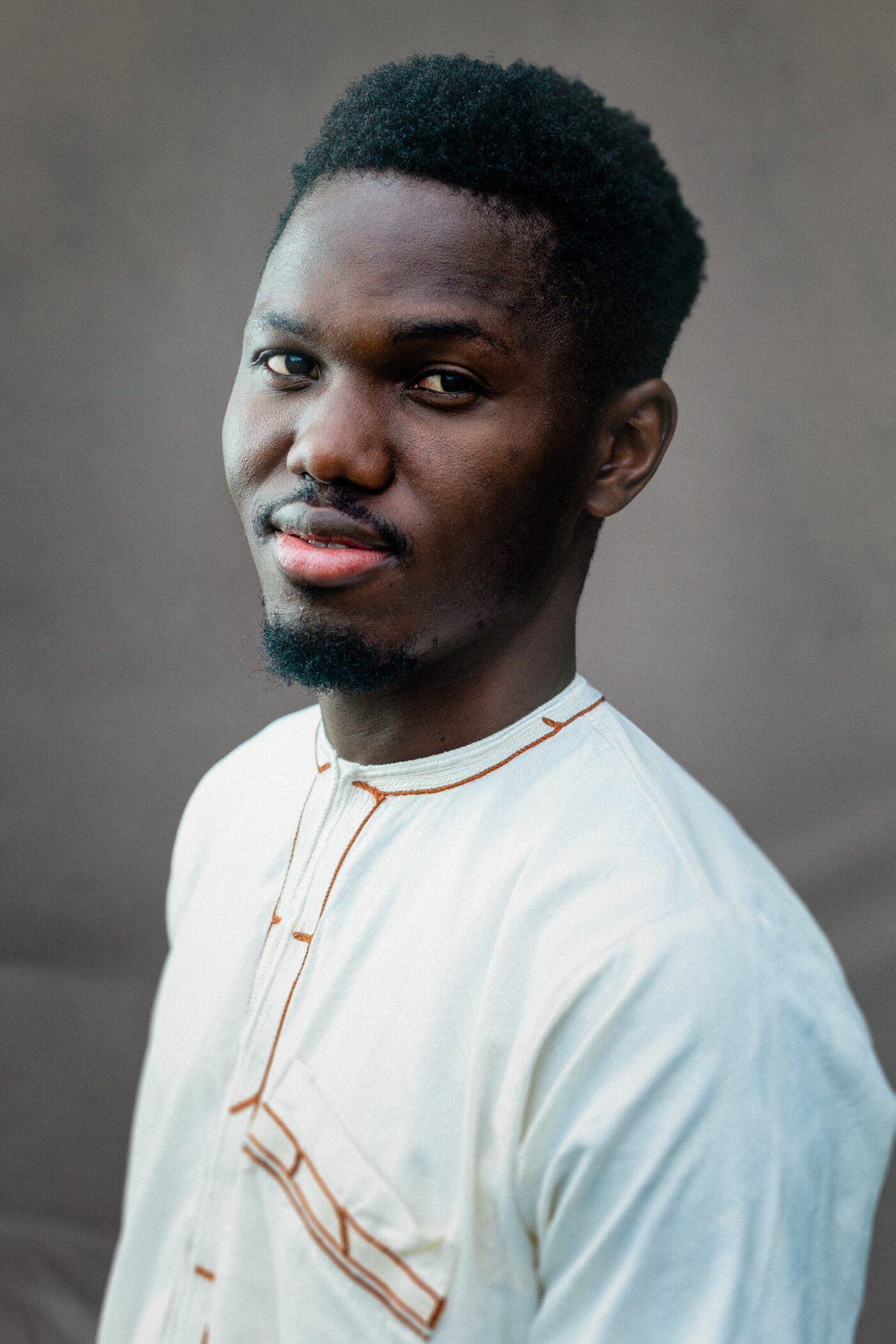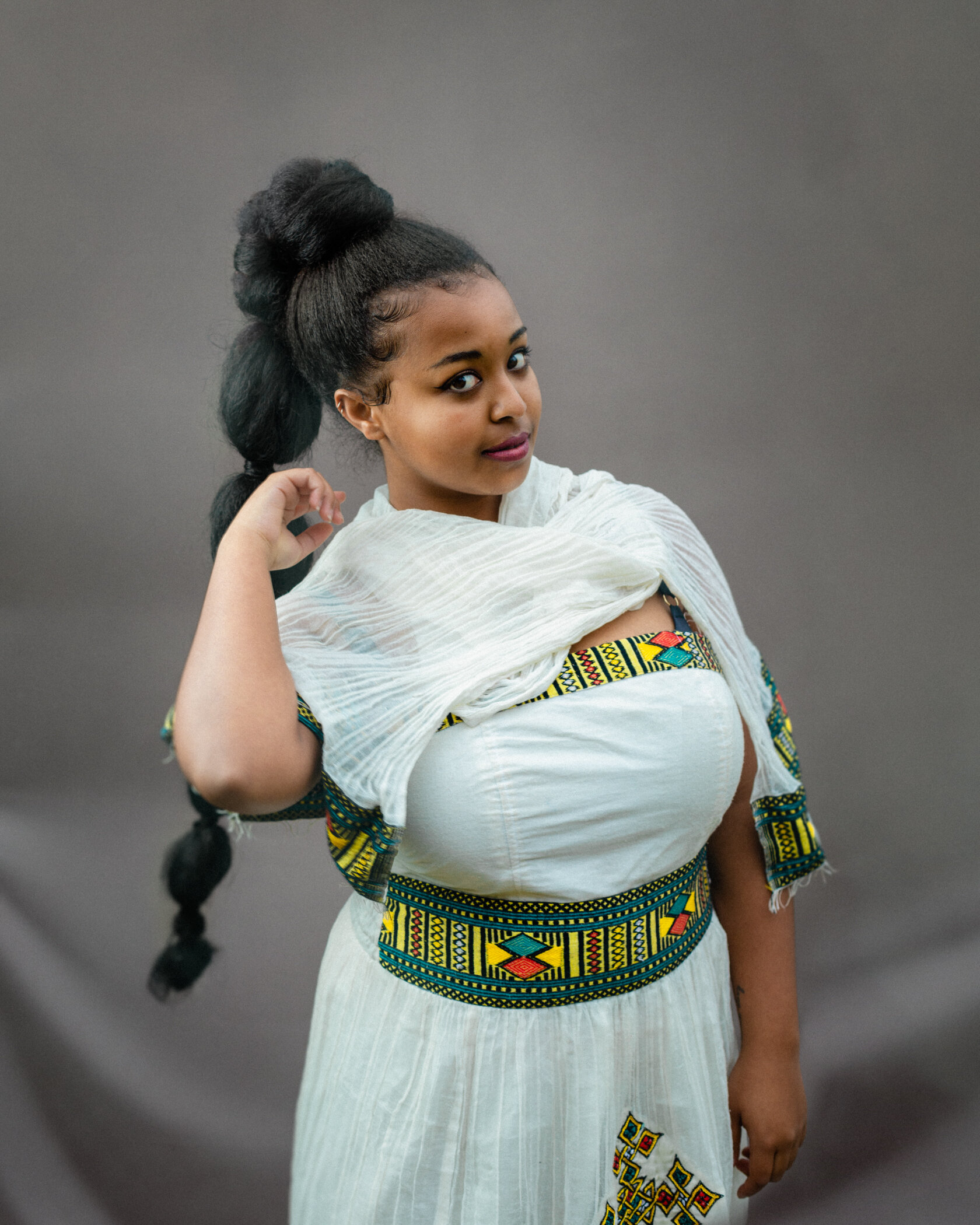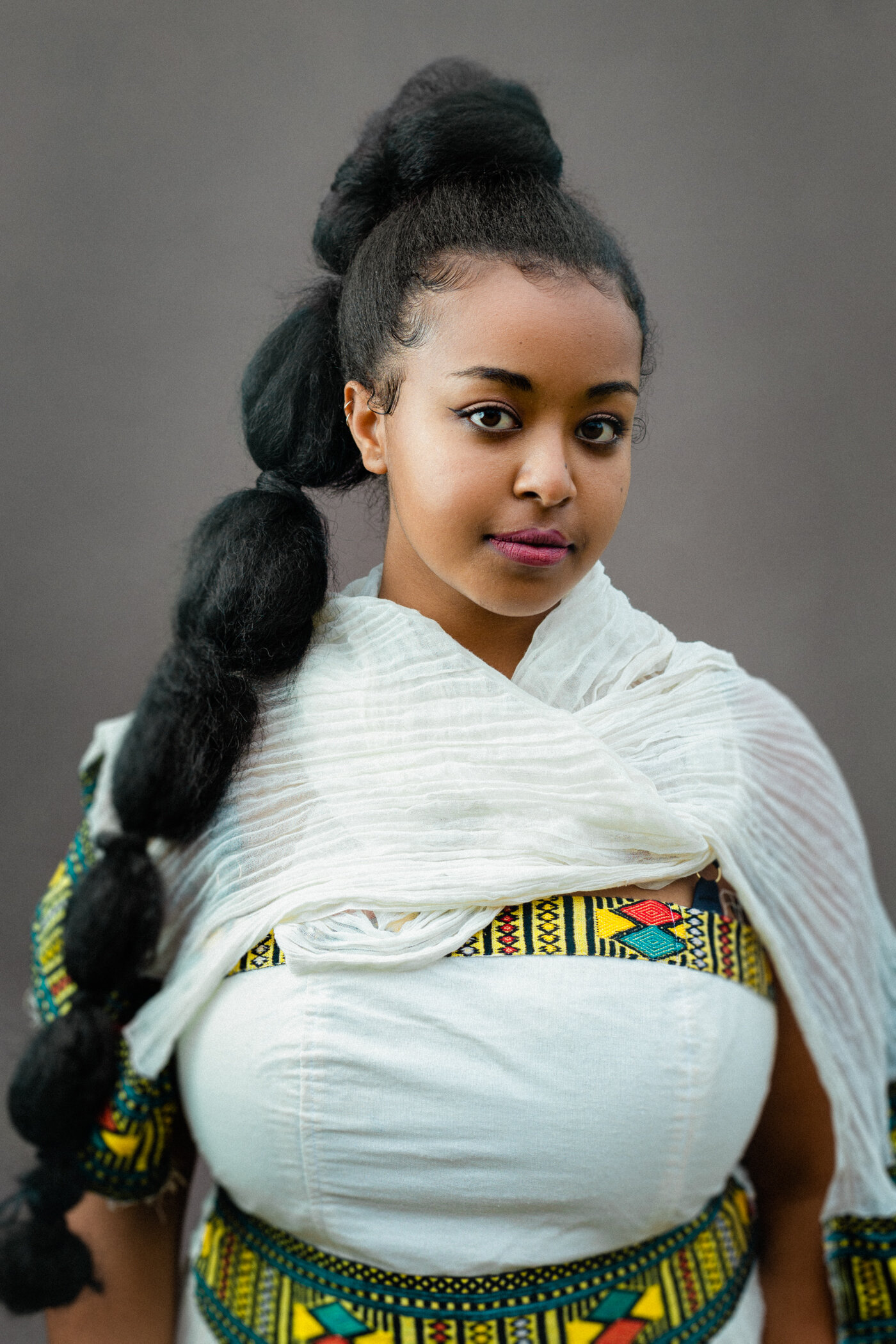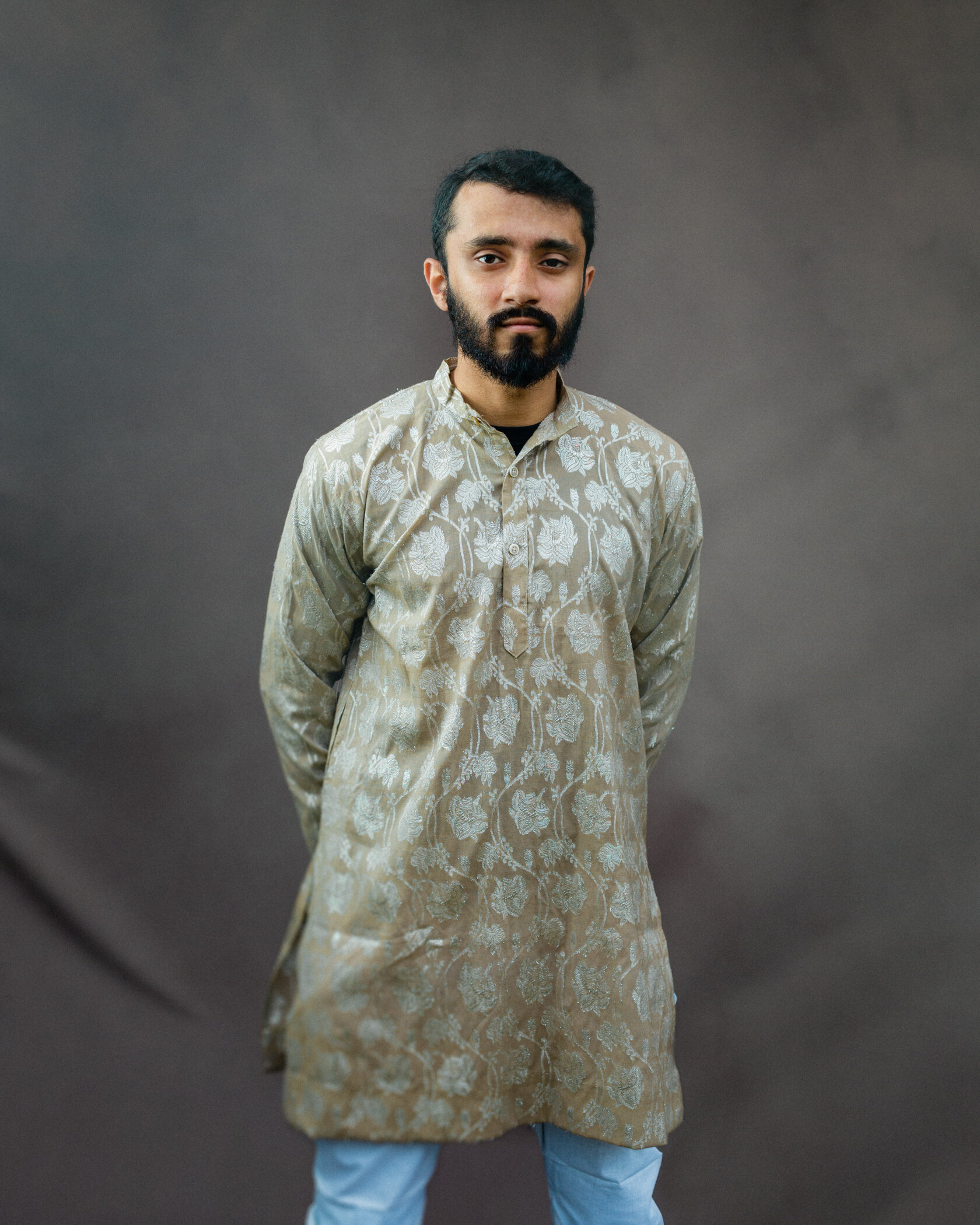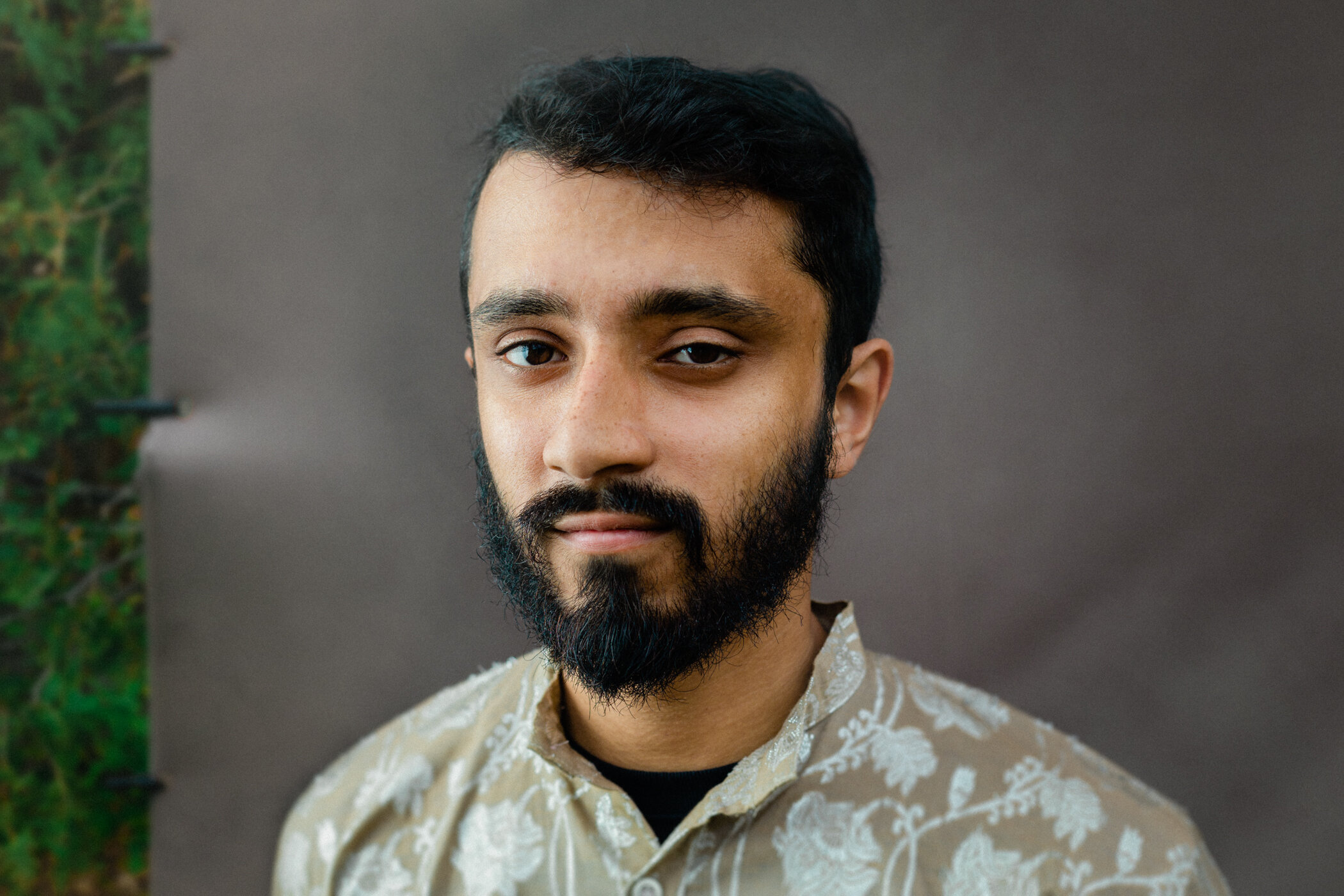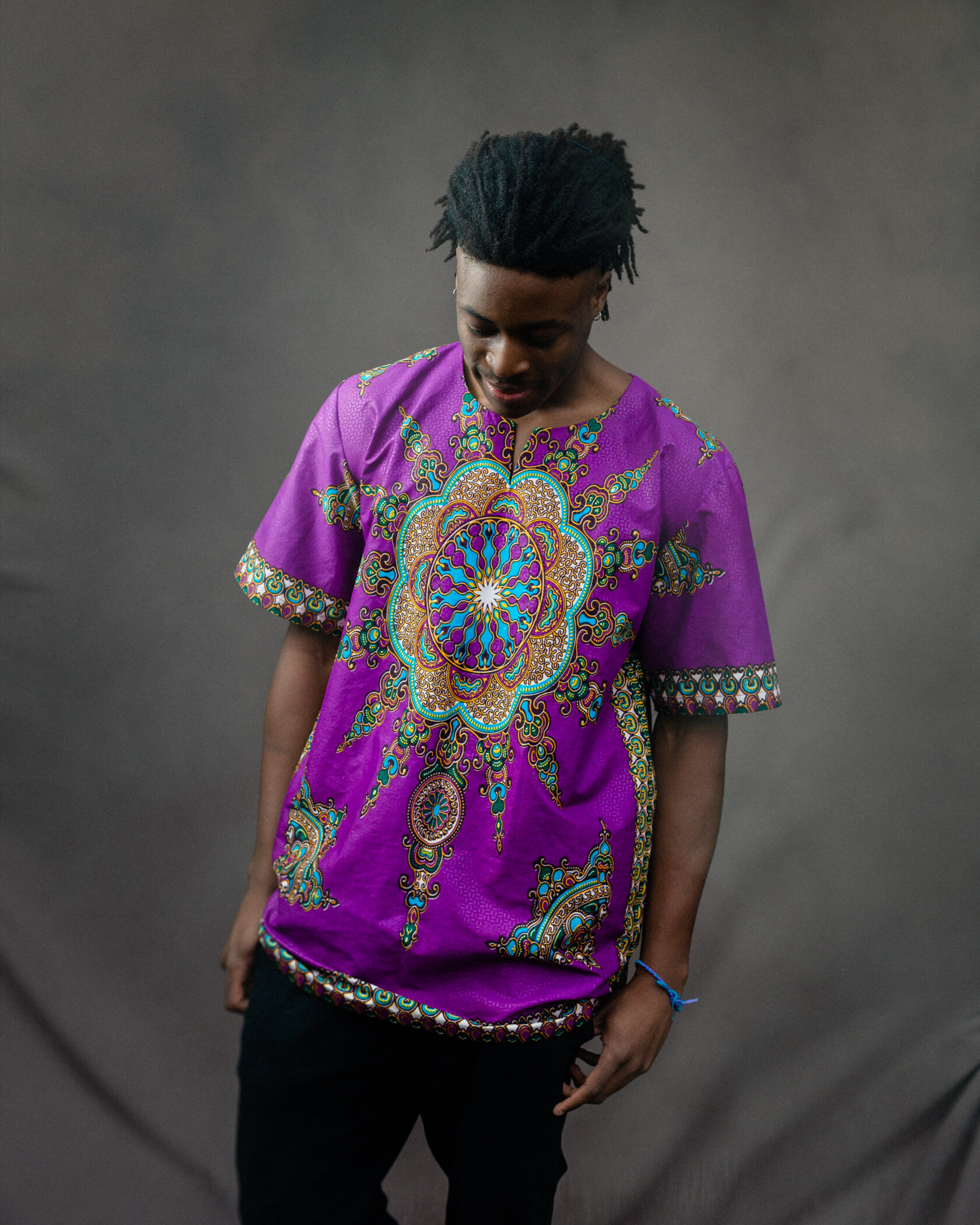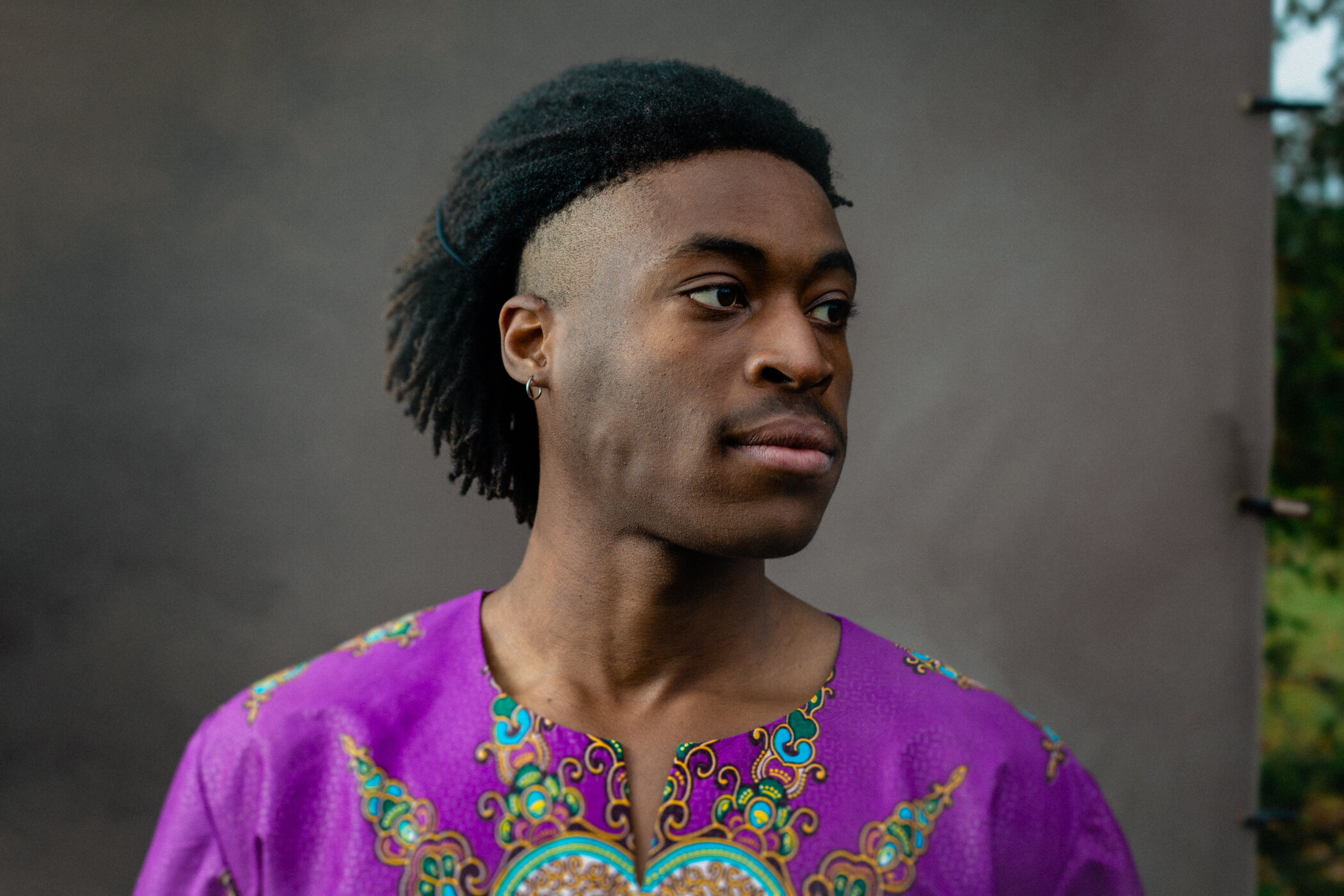DIFFERENT COLOURS, ONE PEOPLE.
A photo series
ABOUT THE PHOTO PROJECT
Nothing brings people together like music. Different Colours, One People is a phrase from a song performed by the famous South African reggae artiste Lucky Dube. When working on this project, I couldn’t help but have this specific line at the back of my mind. I wanted to create a piece that spoke for itself without the use of words. A piece that not only represented diversity but unity too, something that i believe the world needs right now as cruelty and crime committed against humanity is present among us.
- Silvie Binsai
No Congo, No Phone.
#nocongonophone
A 27 Year Gash
Written by Silvie Binsai
There is a people that come from a rich land. A people that have music that will raise anyone to dance and may be perhaps the reason why many of them have incredible waist dance movements. The music itself has captivated the world with figures like Papa Wemba, Franco, Mbilia Bel, Fally Ipupa, Tshala Muana, Koffi Olomide among countless others. The dance these people do is the roots to some dances present in other communities like Haiti, Kenya, Mozambique and Angola. They share food like kwanga, mashanza and pondu with each other. Their neighbours child is their child, the reverse is true. Well at least that is how it is supposed to be. If by now the people and their land are not clear, they are the Congolese from the Democratic Republic of Congo.
There are many stories I could tell of joy and fond memories, because that is home. Unfortunately, it so happens that there’s many more violent and harrowing stories, some of which you may have encountered on social media briefly. For at least 27 years DRC has not had a sense of peace as a nation. This doesn’t serve to be a history lesson, but more so to help outline what these violent experiences are and present starting points for those (read as all) who want to invest more in changing this situation.
#NoCongoNoPhone as the name of the hashtag and campaign suggests without Congo the smartphones many people use today would not exist in the format they do. Many natural resources and minerals are mined from areas in Congo, one of them being Cobalt which helps make the batteries for phones and laptops. But why is Cong9 special in the case of mining and smartphones? About 60% of cobalt resources are drawn from Congolese mines. Mines that use children extensively in the work they do. Though different nations differ on when a child can work, some places say as young as 15, they cap the working hours and conditions of that child. In the case of the mines in Congo there are children as young as 8 that have been reported to work in the mines of Congo. It is horrible to think of an 8 year old carrying, and shovelling items that are their body mass or heavier. Why can't this not stop? For this to stop, there needs to be reliable frameworks of accountability in the nation, that uphold regulations for all organisations, communities and individuals. Secondly, for some children labouring in the mines is not one out of comfortable choice, but one made in order to sustain themselves and their family. If there is a push towards asserting stability, peace and better living standards, then children would not be put into situations where they are forced into the mines. One could argue that you should give your smartphone, but an individual act of that scale does nothing for a child in that mine, unless all individuals own smartphones decided to boycott them. Calling for global authorities to uphold standards of peace, stability and human rights can have a more realistic impact.
This brings us to the #MappingReport movement. It is largely driven by 2018 Congolese Nobel Peace Prize Laureate, Dr Denis Mukwege, his team and supporters of this movement. The Mapping Report, is a UN report that was released in 2010, a decade ago, that presents recommendations of how the human rights violations that occurred between 1996 and 2003 can be addressed within the realms of justice and reconciliation. Some term this period as the Second Congo Genocide because of the mass murder and killings of innocent - the first being the days of King Leopold's mass murder of millions of people. A large part of Dr Mukwege's work has been supporting the medical rehabilitation of women who survived sexual violence during that era and the many violent events that followed.
#CongoIsBleeding should really read as #CongoHasBeenBleeding for at least 27 years. You have incidents like the killing of young students in Masisi this past August, 2020. What do you tell their parents who sent their kids to school with the hope that they would safely complete their day of study and hopefully have a guaranteed better future? Minembwe and the case of Banyamulenge is an even darker tale tied to the Rwandan Genocide2002. The Minembwe killings in 2002 and the continued persecution of Banyamulenge people, a Congolese tribe with Rwandan roots, stems from hatred and xenophobic sentiments towards Rwanda and vice versa. In this hatred violence has been inflicted on them because they have been viewed as Rwandan. However the Banyamulenge have lived within Congo's borders for over a century and are not to be mistaken for Rwandans that lived through and after 1994. The level of violence and disorder is enormous and it is not only present through the killing of innocent civilians by armies, rebel groups, militias and mercenaries alike. There have also been events like rebels, ADF, attacking and breaking out prisoners
When Halloween arrives, western countries will celebrate it through dressing up, having fun and in some cases act as dead figures. In Congo, October marks deep loss and sadness. It isn't the same vibrance and response as Halloween celebrators. On the 29 October 1996, armed men raided the South Kivu town Bukavu killing hundreds of civilians, storming into houses and shooting down those in public spaces. This date is mentioned because it also serves as memorial date for the assassination of christian religious figure and leader Monseigneur Christophe Munzihirwa Mwene Ngabo. Even though it is not the only month or time that Congolese faced violence in the past 27 years, I bring it forward because of the proximity of that date to when this article is written.
NO TO IMPUNITY IN THE DRC
Demand justice for human rights violation in DRC between 1993 and 2003.
Our ability to reach unity in diversity will be the beauty and the test of our civilization.
- Mahatma Gandhi
